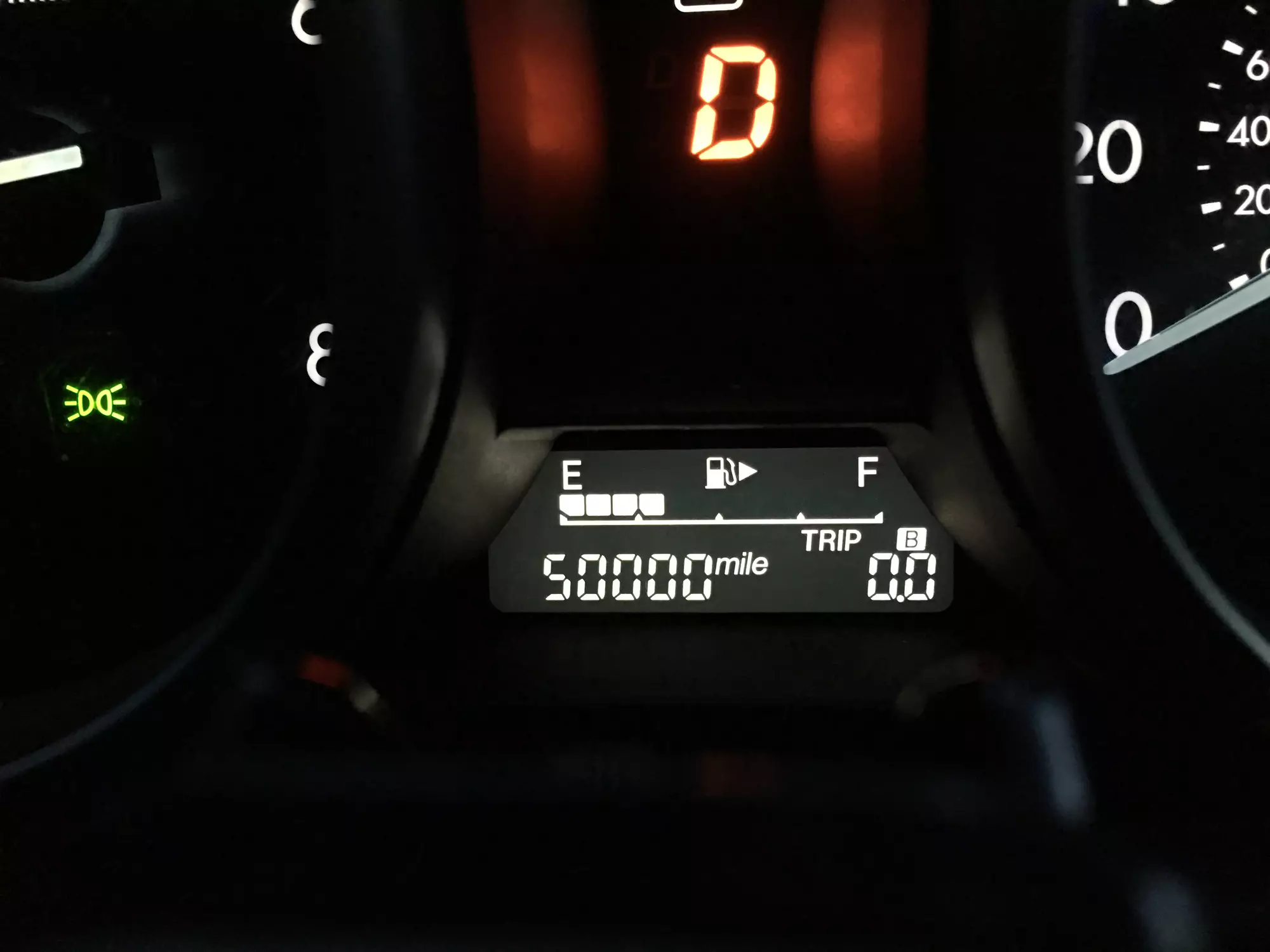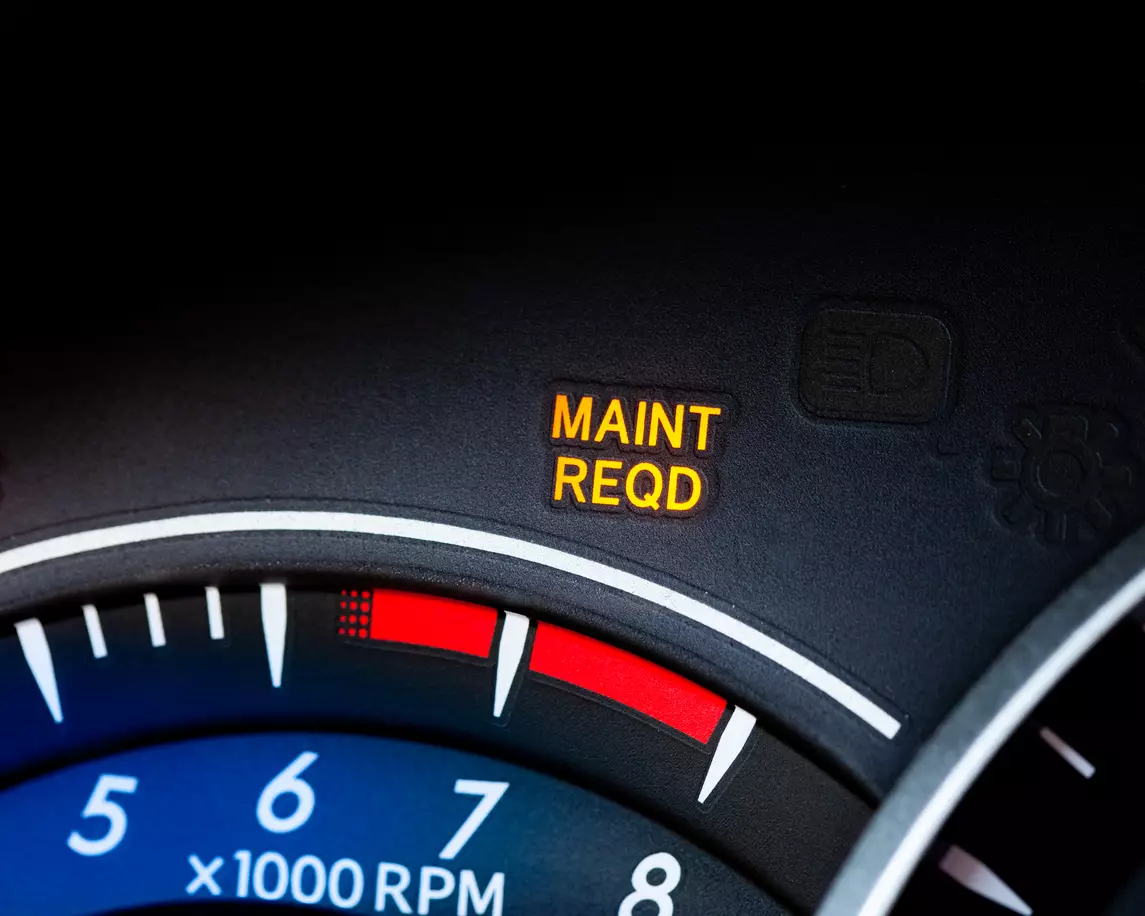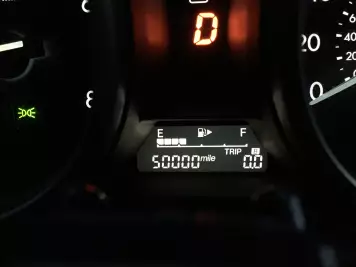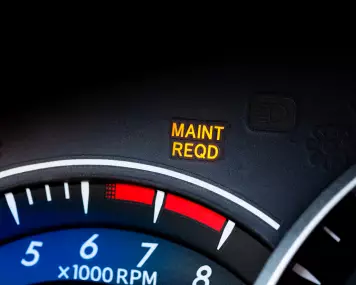There are so many decisions and considerations when buying a vehicle. But beyond the color, electric seats, and audio options, have you considered whether the purchase includes a warranty of some sort? This can be more important than nice looking wheels or a sunroof as it can potentially save you lots of money in the long run. Even certified pre-owned cars usually have some sort of manufacturer’s warranty.
Vehicles and homes are the largest investments a lot of people make in their lifetimes. Aside from repair and regular maintenance, how can you make them last?
What is a Service Contract?
A service contract is sometimes called an “extended warranty” and is a promise to extend the original warranty for a specific period, often to five years and 100,000 miles. It’s an additional cost to the buyer and ranges from about $1,500 to $4,000. These contracts may be purchased through a dealer or directly from a company that specializes in them.
What is a Warranty vs. Service Contract?
A manufacturer’s warranty is a promise from the manufacturer to fix anything that breaks or stops working within the first three years or 36,000 miles due to parts failure or workmanship. The items that are covered can vary, and the small print can exclude things that were clearly broken by the driver, such as a bumper that’s damaged from hitting a wall.
The length of a warranty and the parts covered by it can vary from one manufacturer to another. More expensive vehicles are likely to have better warranties that last longer and cover a more extensive range of parts. Some offer “drivetrain” warranties in addition to a general warranty. The drive train includes axles, transmission, CV joints, differential, wheels, and related parts.
If a wiring harness burns out, if you have a problem with tire sensors communicating with the onboard computer, or a window that stopped going all the way up, the warranty will cover it as long as it’s within the warranty period (or part of a manufacturer’s recall). Warranties on new cars generally last three years or 36,000 miles but they vary by manufacturer.
What’s the Difference Between a Warranty and a Service Contract?
- A warranty is from the manufacturer.
- A service contract can be from an auto dealer or through a third-party insurer.
- A warranty covers repair or replacement of major components, with exceptions.
- A service contract should list repairs, items, or situations it does not cover, such as damage from accidents.
- Warranties can be transferred to a new owner if the vehicle is sold, but service contracts will not.
Things that are not covered by car warranties or service contracts include damage from weather events like floods, or parts that were broken in a car theft or vandalism incident. Oftentimes auto insurance will cover those issues.
What to Look for in a Service Contract

A service contract is similar to an insurance policy for repairs. But anything that is considered normal wear and tear or usual maintenance is not covered by a service contract, including things like:
- Worn out tires
- Wiper blades
- Brake replacement
- Oil changes
Typically, an auto dealer will try to sell you a service contract when they know your warranty is going to expire. Some of the decision should rest on how long you plan to keep the vehicle. It’s often cheaper to purchase a service contract while a vehicle is still fairly new, but you don’t really need one at that time because many things will be covered by the manufacturer’s warranty. Also, if you purchase a service contract when a car is new but then the car is wrecked, or sold, you’re likely to lose money. Even so, consumer experts say these extended warranties can be a good investment.
If you’re considering a vehicle service contract, experts suggest:
- Comparing costs and benefits among several plans, from dealerships and stand-alone businesses;
- Do some research to make sure it covers the parts or issues that your vehicle is most likely to experience (catalytic converter failure, for instance, or transmission);
- Read the fine print to learn what actions might make the contract invalid, such as having work done at the dealership only, or using aftermarket or reconditioned parts;
- Learn the steps necessary to document, file, and collect on a claim;
- Understand the conditions that will result in free work or parts replacement;
- Be aware that a service contract may require you to have certain services performed on their schedule, such as oil changes every 30,000 miles and antifreeze flush annually (you must keep records because failing to maintain the vehicle as they require can invalidate the contract),
- If possible, calculate the cost of paying out of pocket for things that a service contract would cover to determine if that’s more economical for you, and
- Keep track of payments and all repairs made to the car.
Benefits of Vehicle Service Contracts May Include:
- Free rental car when yours is in the shop;
- Towing service if your covered vehicle breaks down, and
- Getting repairs done by manufacturer’s trained mechanics at a dealership (if your contract is through the dealership).
Steps to Purchasing a Vehicle Service Contract (or extended vehicle warranty):
- Don’t be pressured into buying a contract over the phone.
- Check the provider’s credentials, including complaints about them at the Better Business Bureau, state Attorney General’s consumer affairs office, or the Federal Trade Commission.
- Research the cost of the contract vs. what it would cost to pay for the work out of pocket.
- Don’t provide any financial information to a salesperson who calls you unless you’re ready to sign a contract.
- Keep good maintenance records to ensure you’re staying within the terms of the service contract.
- Determine if you have to pay for a repair out of pocket and apply for a refund under the warranty or if the warranty company pays the repair shop directly.
Extended warranties or vehicle service contracts can be a good investment if they meet your needs. They should be easy to understand, easy to interact with, and get good scores from the Better Business Bureau or other consumer rating agency.




















